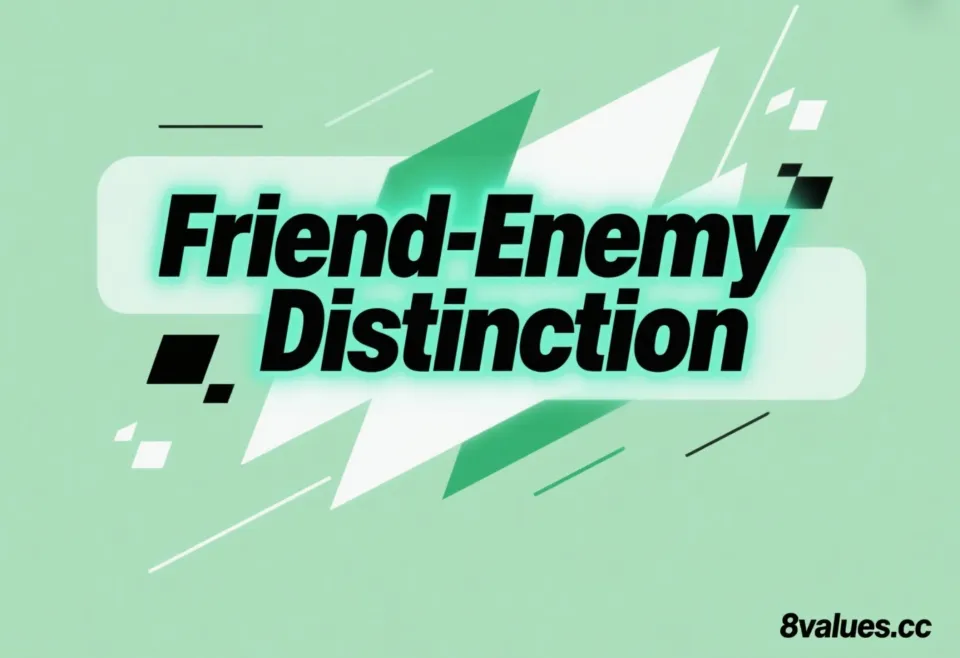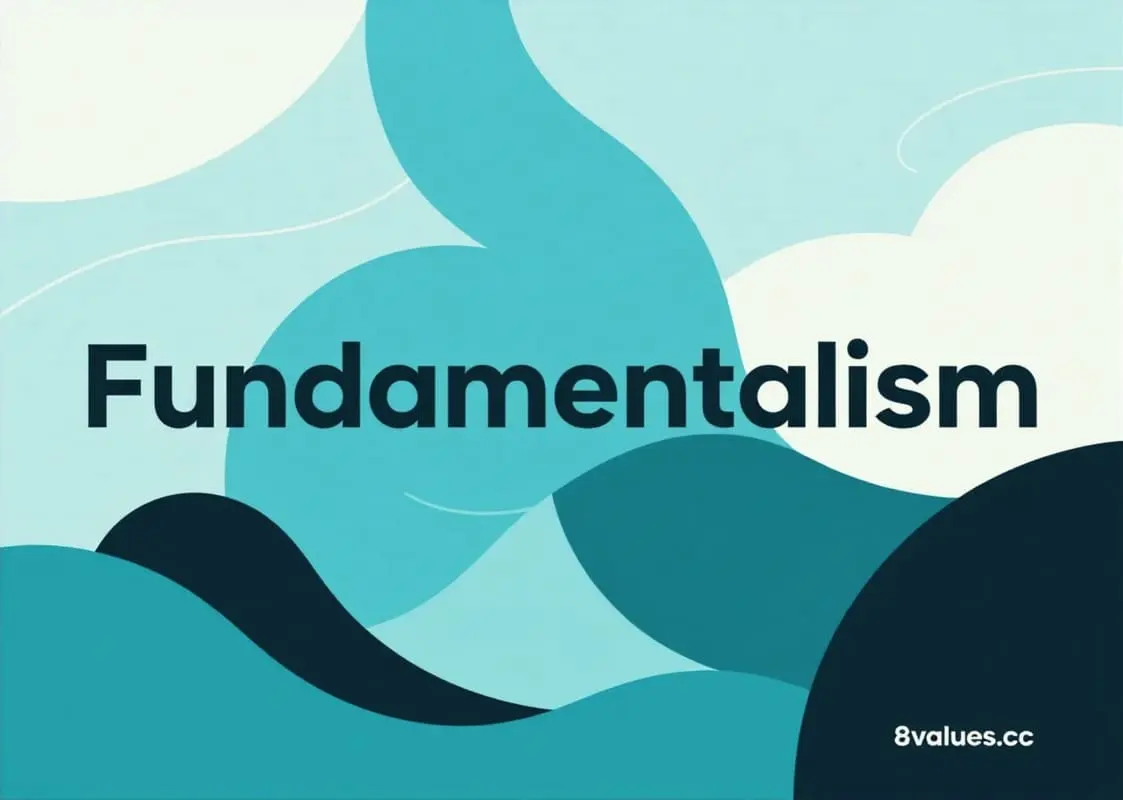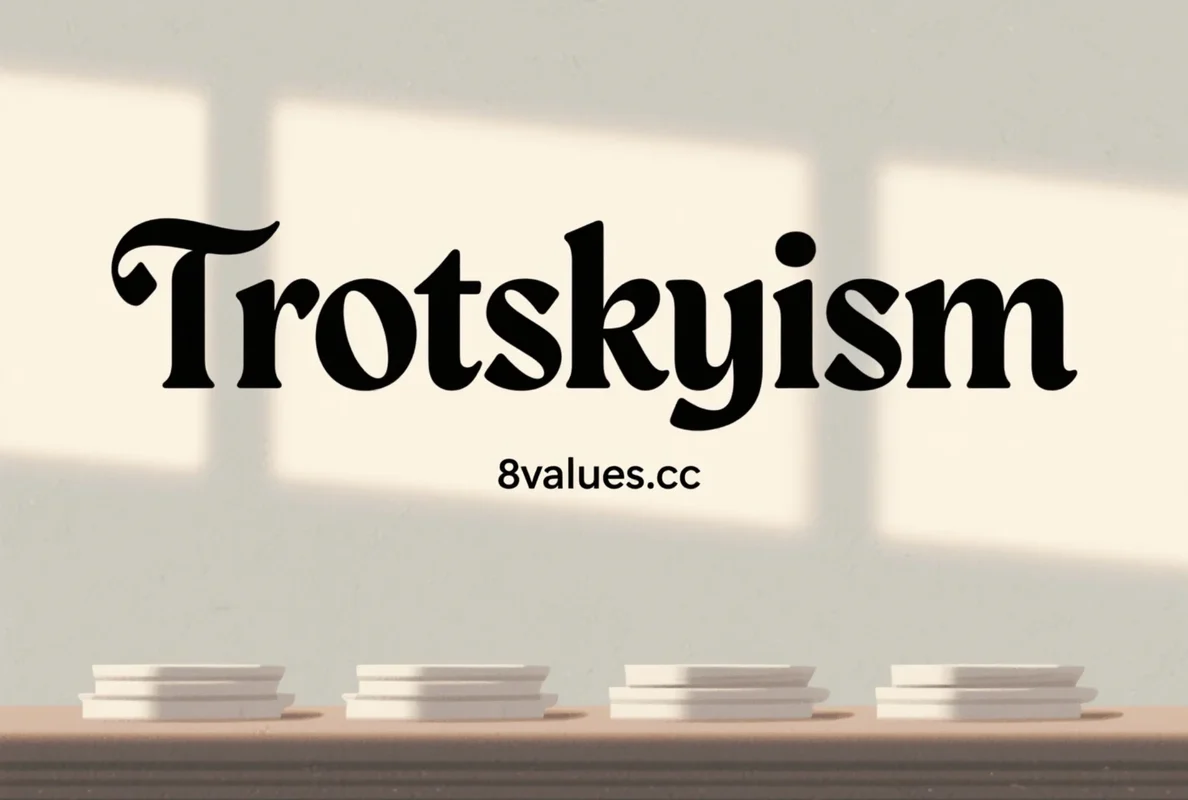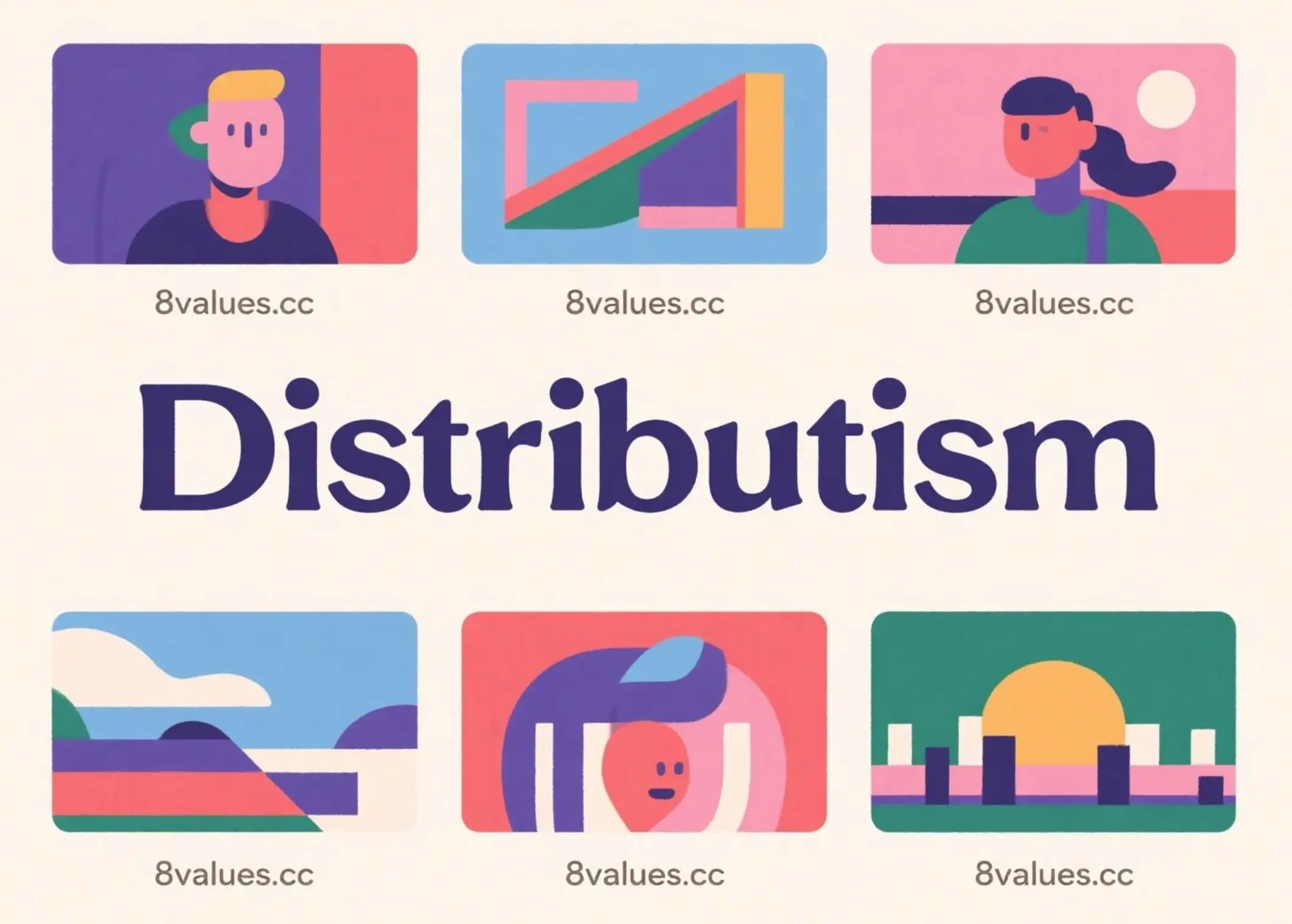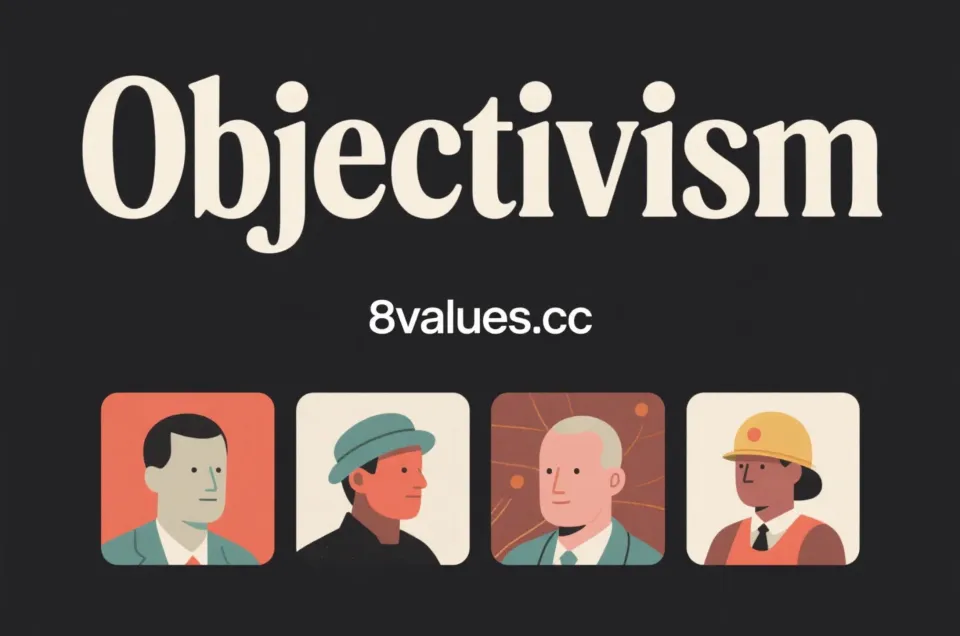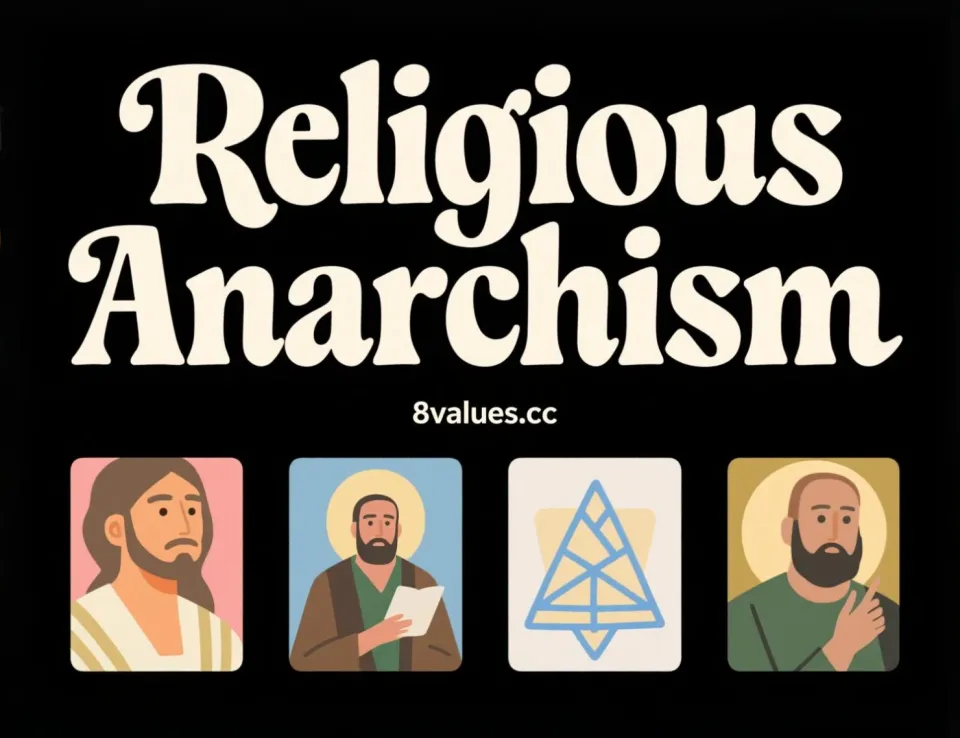Friend-Enemy Distinction: A key perspective on understanding the essence of politics and ideology
What is Friend-Enemy Distinction? This article explores the theory of discrimination between friends and enemies proposed by Carl Schmidt, understands its central position in political theory and how it affects our perception of political conflict, collective identity, and different ideologies. With the 8values political orientation test, you will better position your political position.
In the long river of political thought, Carl Schmitt proposed Friend-Enemy Distinction is a highly influential and controversial concept. Friend-Enemy Distinction This theory deeply reveals the nature of political action and provides a unique perspective for us to understand various ideological and political conflicts. Schmidt argues that the political sphere is not a solution to all differences through endless discussion and compromise, as liberalism envisions, but is rooted in a profound, existence opposition—that is, the distinction between friends and enemies.
Carl Schmidt's core definition of "politics"
In his 1932 book "The Concept of the Political" (_The Concept of the Political_), Schmidt clearly states that the specific distinction between politics lies in the relationship between friends and enemies. This distinction is independent of the common opposition concepts in other fields, such as good and evil in the moral field, beauty and ugliness in the aesthetic field, or favorable and unprofitable in the economic field. This means that a political enemy is not necessarily morally evil, aesthetically ugly, or economically unprofitable, or even in business dealings. However, this "other" or "stranger" is "different and alien" from its own group on a special and strong manner in an existence level, so that in extreme cases, conflict with them is possible and inevitable.
Schmidt emphasized that the concept of "state" presupposes the concept of "politics". He believes that humans are political animals, and the essence of politics lies in group organization and decision-making. The core of this decision is to distinguish who is "our" "friend" and who is "enemies" of "our". This distinction is not a personal grudge or personal preference, but the key to collective identity and group survival. Political actions and motivations can ultimately be attributed to this kind of friendship and enemy relationship.
Distinguishing between friends and enemies and sovereign decision-making
In Schmidt's Friend-Enemy Distinction theory, Sovereignty plays a core role. He made the famous assertion: "The sovereign is the one who determines the state of exception." This means that when conventional laws and orders cannot respond to emergencies, the sovereign has the right to take unconventional measures and even suspend the law to safeguard the survival of the state.
The distinction between friends and enemies is the key mechanism for sovereigns to exercise this power. Sovereigns establish political boundaries and directions by deciding who is the enemy of the country. This decision is related to the negation of a group's way of survival and must therefore be resisted or fought against to maintain its own form of existence. In Schmidt's view, the state is the only entity that can determine the war and therefore deal with the lives of the people. This power gives the state a prerequisite for maintaining peace and security within and establishing a normal order.
The Challenge of Liberalism and Schmidt's Criticism
Schmidt is harshly critical of Liberalism. He believes that liberalism is overly focused on procedures, norms, consensus and compromise, and tries to try to "neutralize" or "depoliticize" political conflicts. Schmidt believes that this approach actually obscures the fundamental confrontation of politics and weakens a country's ability to deal with internal and external threats. He noted that liberalism’s commitment to discussion and negotiation aims to delay decisions indefinitely, thereby avoiding real political struggles.
However, Schmidt firmly believes that political life is essentially the area of struggle, and the distinction between friends and enemies is at its core. Liberalism attempts to transform enemies into economic competitors or ideological opponents, failing to recognize the centrality of the state as ultimate authority. In Schmidt's view, this attempt to "neutralize" is not only unrealistic, but will eventually lead to political nihilism and cause humanity to lose its political essence.
Public and private enemies: the division of boundaries
In order to more clearly explain the Friend-Enemy Distinction theory, Schmidt further distinguished the "enemy": public enemy (_hostis_) and private enemy (_inimicus_) . Public enemies refer to political enemies that threaten a group's way of survival, while private enemies refer to individual opponents or enemies.
Schmidt believes that the commandment of "loving your enemy" in Christianity refers to loving personal enemies, not public political enemies. He pointed out that in more than a thousand years of Christianity and Muslim struggle, Christians have never given up defending Europe because of their love for the Saracens or the Turks. This distinction is of great significance to understanding the Christian view of politics: active confrontation is necessary when facing enemies that threaten their own way of survival, which is not only for self-protection, but also a deep love for their own group.
Contemporary echoes of the distinction between friends and enemies
Although Carl Schmidt is controversial for his connection with the Nazi Party, his Friend-Enemy Distinction theory still has significant practical significance today. In today's world, the intensification of political polarization, the prevalence of identity politics, and the emergence of asymmetric war forms such as global terrorism have brought this concept back to the center of political discourse.
For example, some scholars believe that in an era of digital infrastructure, polarized media ecosystems, and the recovery of national political identity, the logic of distinguishing between friends and enemies has not disappeared, but has been re-presented in a new political grammar. Group identity on social media is often constructed by “opposing whom.” Platform power even replaces the role of traditional sovereigns, defining who can participate in public discussions through content review and other means, thus demarcating the boundary between "friends" and "enemy".
Moral and Ethical Considerations
However, Friend-Enemy Distinction theory also faces profound moral and ethical challenges. Critics point out that Schmidt's theory is functionally atheistic because it ignores God's relevance in political affairs and places state sovereignty in absolute status, thus denying God's ultimate authority over all nations and the human heart.
In addition, Schmidt separates the political field from the ethical field, believing that political enemies do not necessarily need moral evil, but only "different and alien" at the level of existence. This conflicts with the Christian doctrine of establishing political authority by punishing evil and promoting good. Although ancient Greek thinkers such as Plato and Aristotle also recognized the relationship between friends and enemies, they based this distinction on virtues (such as justice, courage, wisdom and moderation), rather than just existential differences.
Another view is that Schmidt's dichotomy is too simplistic and ignores the complexity and contradiction of human nature. Liberalism, while imperfect, provides at least opportunities for dialogue, negotiation, compromise and compassion, allowing individuals to seek more elegant solutions in complex situations.
Distinguishing between friends and enemies: an eternal political concept
Carl Schmidt's Friend-Enemy Distinction theory, as a tool for analyzing the essence of politics, still continues its influence today. It forces us to face the inevitable confrontation in politics and to think about the profound connection between collective identity and existential threats.
Whether you agree with Schmidt's realistic view of politics or be critical of its ethical implications, understanding this concept is crucial. It can help us analyze more deeply the conflicts and alliances of various ideologies in the modern political landscape, as well as how individuals position themselves in collective identity. By exploring different ideologies, you will be able to better understand the deep logic of social functioning.
Welcome to the 8values Political Propensity Test to explore your political stance and learn more about the detailed ideological classification on the 8values All Results Ideology page. In addition, you can find more articles on political theory and its real-life applications in our blog . Through these tools, we can better understand ourselves and others, thus making smarter judgments in an increasingly complex political world.
